NASHVILLE, TN, August 9, 2021 – National Skills Coalition (NSC) and Business Leaders United for Workforce Partnerships (BLU) today released a five-point policy proposal from its Retail/Hospitality Industry Recovery Panel to inform White House and Congressional economic recovery negotiations around the President’s American Jobs Plan. Laura Ward, senior vice president, talent development, Nashville Area Chamber of Commerce, served on the 17-member panel of leading experts from across the country, advocating for full authorization of AJP’s proposed $100 billion for workforce training in order to ensure an equitable recovery and assist service workers in accessing career pathways and upskilling opportunities that prepare them to use new technologies adopted in the pandemic or support them as they train for new careers in growing industries like infrastructure, manufacturing, and healthcare.
“The retail and hospitality industries were among the hardest hit during the pandemic, and they continue to struggle as we move into recovery. It will take a concerted effort on the part of lawmakers, collaboration across the industry to create new ways of sourcing and retaining talent to ensure an equitable recovery for both employers and workers. – Laura Ward, SVP, Talent Development, Nashville Area Chamber of Commerce
While COVID-19 impacted our entire economy, it hammered retail and hospitality. The leisure and hospitality industry accounts for nearly 40% of jobs lost over the last year, triple the job loss of the second hardest hit industry.
“The pandemic pummeled our retail and hospitality industry, leaving millions of hardworking people looking for support to train for new careers,” said Andy Van Kleunen, CEO of National Skills Coalition. “This set of policies proposed by Laura Ward and other experts from across the country matches closely with those included in the American Jobs Plan and is essential for service workers who are disproportionately women serving as their household’s primary caregivers — Congress and the White House must fully fund these critical proposals.”
The 17-member panel has been meeting with federal officials over the last month in advance of publicly releasing these recommendations, seeking to propose policy that spurs public-private partnerships and helps put American workers on career paths within retail and hospitality or within new growing industries, like infrastructure and clean energy. They outlined five critical pillars to drive an inclusive recovery in the retail and hospitality industry, all of which can be viewed here.
- Prioritize workforce investments and equity under the American Jobs Plan by investing a full $100 billion in skills training; dedicating resources to childcare, transportation assistance, and other essential supports; and measuring industry transitions and equity.
- Ensure retail and hospitality workers and businesses can harness new technologies by passing the bipartisan Digital Equity Act and investing in new Digital Learning Upskilling Grants, developing a measurable national standard for industry-specific upskilling efforts, creating a Retail/Hospitality 21st Century Extension Partnership program to help local companies adopt new technologies, and expanding access to broadband and high-quality devices.
- Support transparent, equitable, high-quality career pathways within and across industries by incentivizing employer investment in skills by passing the bipartisan SKILL UP Act; funding integrated education and training to build foundational skills; passing the bipartisan JOBS Act to expand access to high-quality, short-term training; and expanding apprenticeship and work-based learning through the bipartisan PARTNERS Act.
- Protect service sector payrolls as businesses re-open and transition workers from part- to full-time by expanding workshare programs and including upskilling opportunities.
- Invest in local capacity to develop local workforce solutions by supporting multi-stakeholder industry partnerships at the local level.
NSC and BLU convened four recovery panels for the following industries: Healthcare, Manufacturing, Infrastructure, and Retail/Hospitality. The Infrastructure, Healthcare, and Manufacturing panels recently released their inclusive economic recovery proposals as well.
###
About Nashville Area Chamber of Commerce and Partnership 2030
The Nashville Area Chamber of Commerce is Middle Tennessee’s largest business federation, representing more than 2,000 member companies. Belong, engage, lead, prosper embodies the Chamber’s focus on creating economic prosperity by facilitating community leadership. Established in 1990 as an economic development and community enhancement initiative of the Chamber, Partnership 2030 is a regional cooperative dedicated to making Middle Tennessee among the nation’s best places to live, work and do business. Partnership 2030 is supported by a diverse group of public and private companies as well as governmental agencies from the organization’s 10-county service area. The work of the Chamber is supported by its members, Partnership 2030 investors and sponsors; the Chamber’s Pivotal Partners (a partnership at the highest level for all Chamber programs and events) are Bass, Berry & Sims, BlueCross BlueShield of Tennessee, Community Health Systems, Gresham Smith and Regions. For more information, visit www.nashvillechamber.com.
Media contact:
Karl Houston, VP, Marketing & Communications
Nashville Area Chamber of Commerce
615-743-3068




